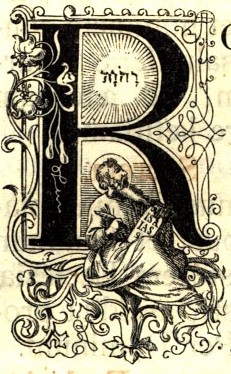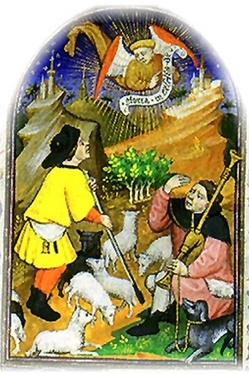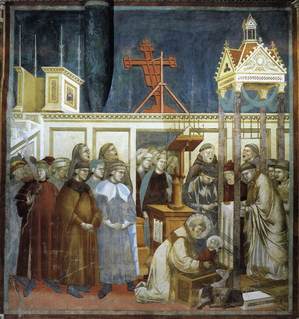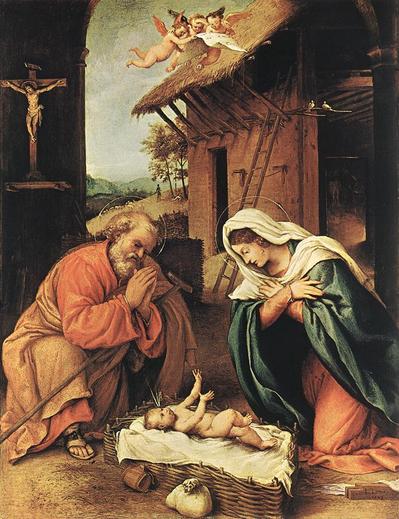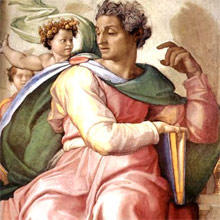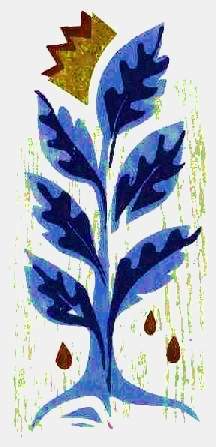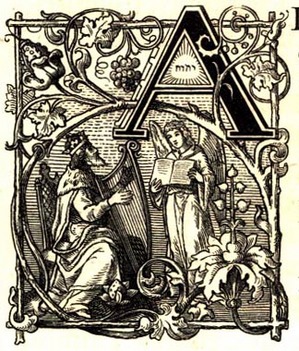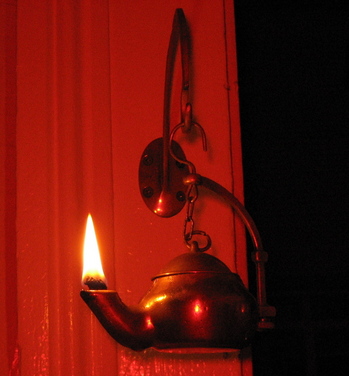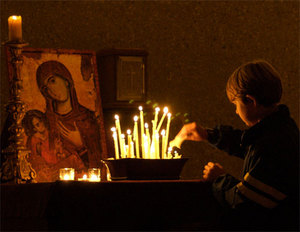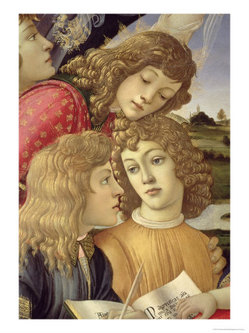 Rejoice in the Lord always, and again I say, rejoice; let your forbearance be known to all, for the Lord is near at hand; have no anxiety about anything, but in all things, by prayer and supplication, with thanksgiving, let your requests be known to God.
Rejoice in the Lord always, and again I say, rejoice; let your forbearance be known to all, for the Lord is near at hand; have no anxiety about anything, but in all things, by prayer and supplication, with thanksgiving, let your requests be known to God.
Gaudete Sunday is called such because of the first word in Latin of the antiphon that begins, Gaudete...Rejoice.... The full antiphon is noted above. It orients our prayer and Mass today! The presence of the Lord is acknowledged to be here, right now, in our midst. Catholics are a people full of joy today and everyday of our existence. The Presence of the Lord is always in our midst: in the Eucharist, sacred Scripture, in our hearts and in our community. Pope Benedict offers us a perspective on an aspect of this joy:
The root of man's joy is the harmony he enjoys with himself. He lives in this affirmation. And only one who can accept himself can also accept the you, can accept the world. The reason why an individual cannot accept the you, cannot come to terms with him, is that he does not like his own I [the I is the whole self, one's entire body, soul and mind] and, for that reason, cannot accept a you. Something strange happens here. We have seen that the inability to accept one's I leads to the inability to accept a you. But how does one go about affirming, assenting to, one's I?
The answer may perhaps be unexpected: We cannot do so by our own efforts alone.
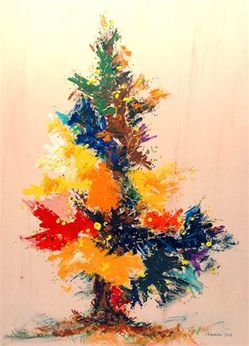 Of ourselves, we cannot come to terms with ourselves. Our I becomes acceptable to us only if it has first become accept to another I. We can love ourselves only if we first been loved by someone else. The life a mother gives to her child is not just physical life; she gives total life when takes the child's tears and turns them into smiles. It is only when life has been accepted and is perceived as accepted that it becomes also acceptable. Man is that strange creature that needs not just physical birth but also appreciation if he is to subsist... If an individual is to accept himself, someone must say to him: "It is good that you exist" -must say it, not with words, but with that act of the entire being that we call love.
Of ourselves, we cannot come to terms with ourselves. Our I becomes acceptable to us only if it has first become accept to another I. We can love ourselves only if we first been loved by someone else. The life a mother gives to her child is not just physical life; she gives total life when takes the child's tears and turns them into smiles. It is only when life has been accepted and is perceived as accepted that it becomes also acceptable. Man is that strange creature that needs not just physical birth but also appreciation if he is to subsist... If an individual is to accept himself, someone must say to him: "It is good that you exist" -must say it, not with words, but with that act of the entire being that we call love.
For it is the way of love to will the other's existence and, at the same time, to bring that existence forth again. The key to the I lies with the you; the way to the you leads through the I.
(Benedictus, 2006)
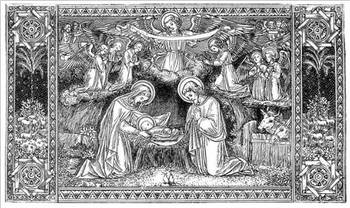 O Emmanuel, God with us, our King and Lawgiver, the expected of the nations and their Savior: Come to save us, O Lord our God.
O Emmanuel, God with us, our King and Lawgiver, the expected of the nations and their Savior: Come to save us, O Lord our God.
